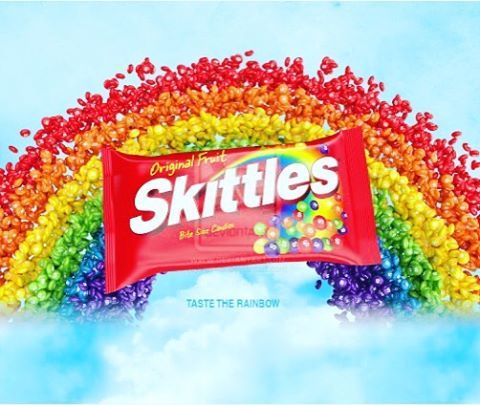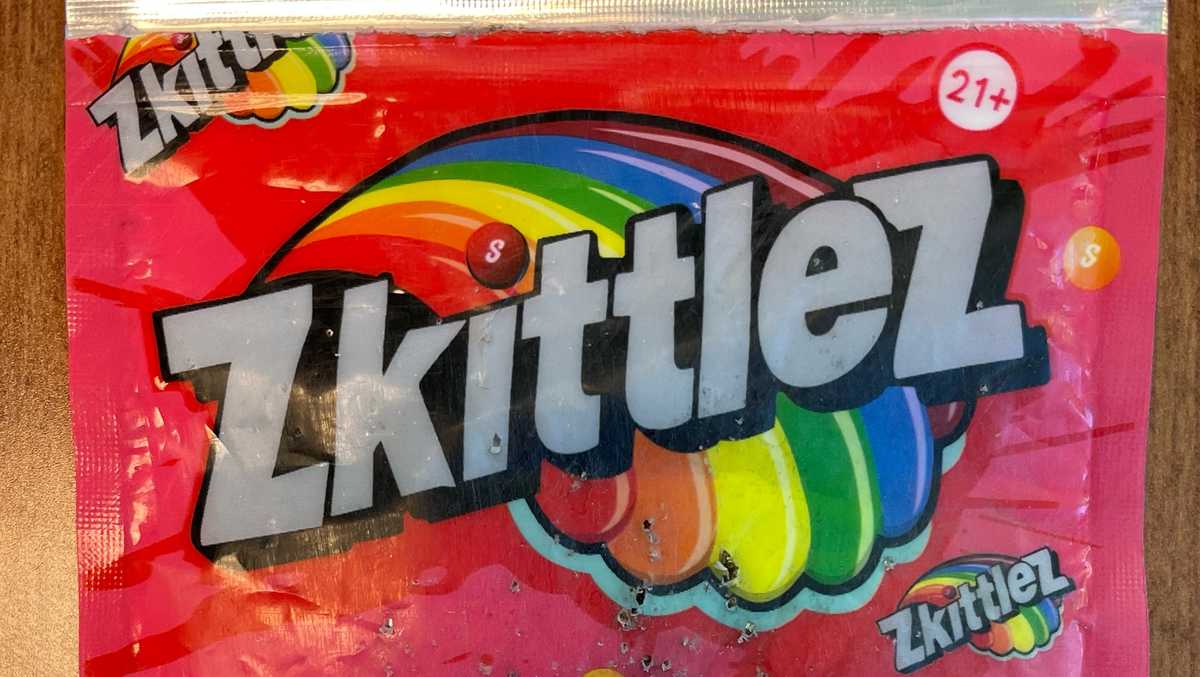Skittles Triumphs in Lawsuit Against Cannabis Knockoff Zkittlez
NEW YORK-Mars Wrigley, the maker of multi-colored fruit-flavored Skittles candies, has reached a settlement in a trademark infringement lawsuit against Terphogz LLC, a seller of cannabis-related merchandise. The lawsuit centered around Terphogz’s marketing of products under the name “ZKITTLEZ,” which Wrigley deemed to be a violation of their trademark.
Under the proposed permanent injunction filed on Monday in a federal court in Chicago, Terphogz has agreed to cease using terms such as Skittles, Zkittlez, or any similar variations in relation to cannabis-related sales. Additionally, Terphogz will no longer employ slogans such as “Taste the Z Train” and “Taste the Strain Bro,” which were deemed too reminiscent of Skittles’ long-standing slogan “Taste the Rainbow.” The settlement also requires Terphogz to relinquish the domain name zkittlez.com, although it may continue to use the letter “Z” as long as it does not lead to confusion.
The settlement still awaits court approval, and representatives from Wrigley and Terphogz have not yet responded to requests for comment. Wrigley, a Chicago-based subsidiary of the privately-held Mars Wrigley, accused Terphogz of undermining the Skittles brand’s nearly 50 years of goodwill by using Skittles marks to sell cannabis, drug paraphernalia, and other merchandise, some of which incorporated a rainbow theme.
Terphogz, based in Mendocino, California, maintained that it did not directly sell cannabis but rather licensed its intellectual property rights to other companies engaged in legal cannabis sales. However, a judge rejected Terphogz’s attempt to dismiss the case in November 2021.
The similar brands could be confusing for kids
Wrigley has previously filed lawsuits alleging trademark infringement with regard to other brands, including Life Savers and Starburst.
The trial between Skittles and Zkittlez not only showcased the legal dispute over trademark infringement but also shed light on a broader issue within the cannabis industry: the replication of mainstream candy brands. This trend raises concerns regarding the potential risks to children who might inadvertently consume these colorful cannabis products.
Over the course of the three-week trial, legal experts and cannabis enthusiasts closely followed the arguments presented by Mars, Inc. and Terphogz. Mars, Inc. contended that Zkittlez deliberately imitated Skittles’ recognizable branding and packaging, taking advantage of the candy giant’s longstanding reputation and goodwill.
Terphogz, on the other hand, defended its branding, claiming it drew inspiration from the vibrant and colorful nature of its cannabis strains rather than intending to copy Skittles. They argued that Zkittlez had established a loyal customer base and a strong reputation within the cannabis community, separate from any association with the candy brand.
However, the jury ultimately sided with Mars, Inc., ruling in favor of Skittles and instructing Zkittlez to discontinue using its current branding and packaging. The verdict serves as a significant setback for the cannabis industry, emphasizing the need for better differentiation and responsible marketing practices.
Of particular concern is the potential danger posed to children by cannabis-infused products that resemble familiar candy brands. The visual similarities between Zkittlez and Skittles products highlight the urgent necessity for cannabis companies to prioritize responsible marketing and packaging to prevent confusion and accidental ingestion by minors.

The classic candy’s packaging has been around for decades.
This case underscores the missed opportunities for cannabis brands to establish their own unique identities and marketing strategies. The cannabis industry boasts a wealth of creative and innovative talent, offering tremendous potential for original and compelling branding. Instead of replicating mainstream candy brands, cannabis companies should seize the opportunity to develop distinct visual identities that reflect the essence of their products and resonate with their target audience.
In the aftermath of this trial, it is hoped that cannabis brands will reflect on the importance of originality, responsible marketing, and the potential consequences of infringing upon established trademarks. Only by doing so can the industry fully leverage its incredible marketing potential and shape a future where cannabis products are celebrated for their unique qualities, rather than being viewed as copycats of mainstream brands.




































